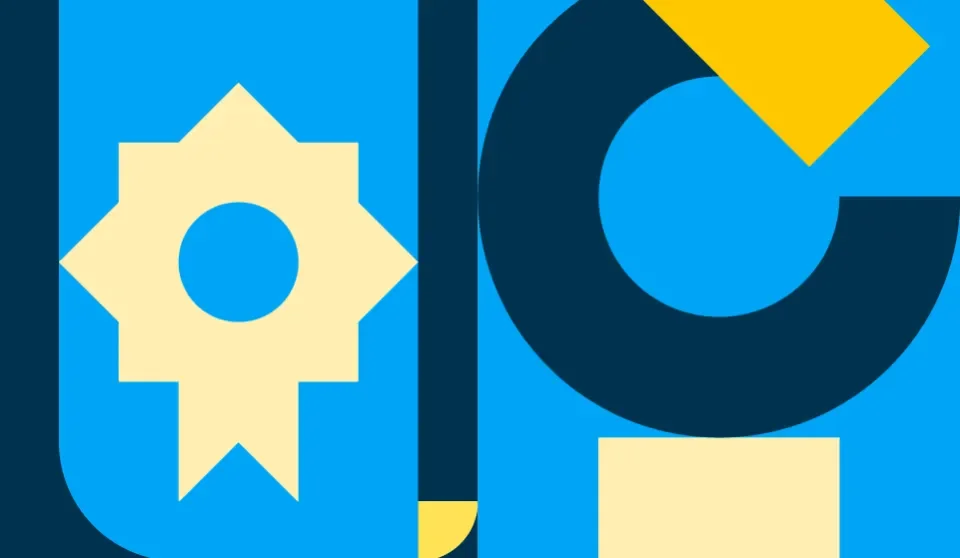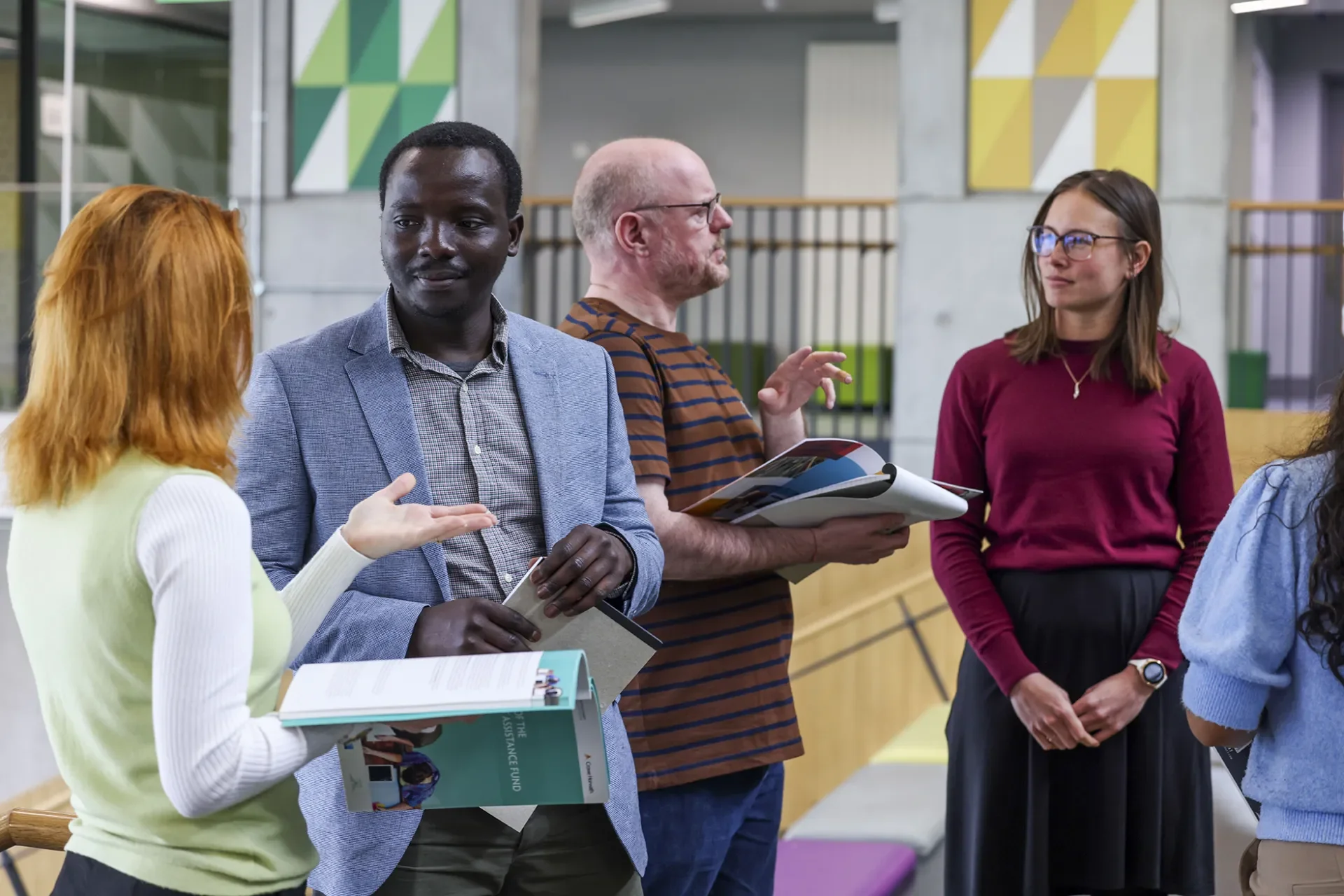

FAQs & Terms
Recognition of Prior Learning
FAQS
Q: What can RPL be used for?
A: RPL can be used to gain admission or advanced entry to a programme where standard entry requirements are not met. RPL can also be used for exemptions/credits for a module(s) if prior learning has already taken place in the specified area.
Q: Can both formal and informal learning be used in the RPL application process?
A: Yes, applicants frequently use both certified and experiential learning in their application. This is totally acceptable, providing that appropriate evidence can be provided to support the claim.
Q: What is the National Framework of Qualifications (NFQ) and what does it do for people and organisations?
A: The Irish NFQ is ten-level system used to show levels of qualifications within the Irish education system. The NFQ demonstrates how General Education Awards, Further Education and Training and Higher Education Awards are mapped against these ten levels of the framework. It also describes what learners need to know, understand and be able to do in order to achieve a qualification.
For individuals:
- It captures an understanding of a qualification and can help individuals compare with, and identify further qualifications
For employers:
- It can be used by employers to understand more about the qualifications of their employees. These levels are also used as a useful recruitment tool.
For education and training providers:
- By providing a clear identification of qualifications achieved by its applicants, it may be used to help with credit transfer between courses as well as accessing new opportunities through Recognition of Prior Learning (RPL).
大发体育在线_大发体育-投注|官网 information can be found on the official NFQ website.
Q: How recent does my learning need to be?
A: Normally, formal or certified learning has a valid shelf life of five years but some universities accept older qualifications providing that you can provide evidence that learning and knowledge has been maintained up to date. This is the same for learning gained from informal or experiential settings. However, this may vary according to the nature of the programme being pursued.
Q: I still have questions, who can I contact?
A: Your main point of contact is: rpl@dcu.ie
We advise you to look through all of the information on these sections and on the course information page that you are interested in before emailing so that you can send informed questions or queries.
Glossary of Terms
Access
‘Access’ refers to the process by which learners may start a programme.
Advanced entry
This is where admission is allowed to a course in year 2 or above, meaning that you do not need to complete the previous year(s) on the course on the basis of prior learning that you have already obtained, be that formal accredited learning or informal/experiential learning that you have gained through life/work experience.
Award
An ‘award’ is conferred by the awarding body when you have successfully completed a programme of study.
Certified learning
This is learning that has been formally recognised or accredited that you are using in your RPL application. ‘Formally recognised learning’ refers to learning that has been previously obtained through organised programmes or courses of study that offer awards or credits.
Course (or programme)
This is the specified programme/course of study that a student pursues to earn an award. A programme consists of modules. Further information on modules that make up the programme, the purpose of each module and how they are to be assessed can be found in the programme handbook for the specific course/programme.
Course leader/coordinator
Every course has a course leader/co-ordinator who is a member of the academic staff teaching on the programme. The course leader liaises between students, academic staff and university management on the day-to-day coordination of the programme.
Credits
When learners complete modules and demonstrate that they have achieved the learning outcomes, they are given credits. These credits then accumulate to earn an award.
Exemption
Exemption(s) from a module(s) within a programme of study occurs where students have formally demonstrated that they have already achieved the learning outcomes for the module(s) concerned. Exemptions from modules may be granted at the discretion of the course leader/registry and this is evaluated on the basis of recognised prior learning in relation to the module.
Experiential learning
'Experiential learning' refers to learning that has occurred from a range of experiences in work and life settings. It often includes learning that was unplanned, unstructured and unconsciously gained. Often, the learner may not have been aware of how a particular experience was contributing to their knowledge and/or skills. Non-formal and informal learning are often referred to as forms experiential learning.
Formal learning
‘Formal learning’ refers to learning achieved through organised programmes or courses of study that offer awards or credits. This takes place within an organised and structured environment (in an education or training institution or on the job) and has a specific structure, learning objectives, outcomes, time and resources. Formal learning is sometimes referred to as certified or accredited learning.
Informal learning
‘Informal learning’ refers to learning that has been previously acquired through life and work experience. Typically, it does not involve any formal certification. It may have been unintentional, resulting from daily activities related to work, family or leisure, e.g IT skills acquired in the workplace, project/event management.
Non-formal learning
‘Non-formal learning’ refers to learning that has taken place through planned and structured programmes that do not lead to a formal qualification. Examples of non-formal learning include training activities undertaken in the workplace, voluntary sector, or in community-based settings. ‘Non-formal’ and ‘informal learning’ are sometimes referred to as ‘experiential learning’.
Learning outcome
A ‘learning outcome’ is a clear and concise statement of what a student should know, understand and be able to demonstrate upon successful completion of a programme or module. Learning outcomes can be found listed in module descriptors within the programme handbook.
Learning reflection
‘Learning reflection’ refers to the process by which a learner actively engages in their learned knowledge and experience. By reflection, the learner is able to form a deeper understanding of the importance and transferability of his/her knowledge so far gained.
Level
In academic settings, ‘level’ refers to the level of the programme on the National Framework of Qualifications. For example, Level 6: Higher Certificate, Level 7: Bachelor Degree, Level 8: Honours Bachelor Degree, Level 9: Masters Degree, Level 10: Doctorate.
Module
A module is a self-contained unit of a student’s workload. It may also be referred to as ‘a subject’. Typically, modules are delivered and examined within a semester. A ‘module descriptor’ is available to students for all modules in every programme. This outlines the module objectives and learning outcomes, how many credits attach themselves to the module, and how it will be assessed etc.
Module exemption
This is where a student is granted an exemption from a module or a number of modules on the basis of prior learning that they have undertaken, be this formal accredited learning or informal learning, depending on the learning that the student has gained through work/life experience.
National Framework of Qualifications (NFQ)
The Irish NFQ is a 10-level system used to show levels of qualifications within the Irish education system. The NFQ demonstrates how General Education Awards, Further Education and Training and Higher Education Awards are mapped against these 10 levels of the framework. It also describes what learners need to know, understand and be able to do in order to achieve a qualification.
Prior learning
Prior learning refers to learning that has taken place before starting a module or a programme. Some prior learning may already have been assessed, measured and assigned credit whereas other learning may not have, for example informal learning.
Programme entry requirements
These are formal entry criteria which must be met to be considered for entry into a course.
Recognition
‘Recognition’ is where prior learning is given value by being formally identified, assessed and acknowledged. This process enables the learner to identify the next steps in their learning journey.
